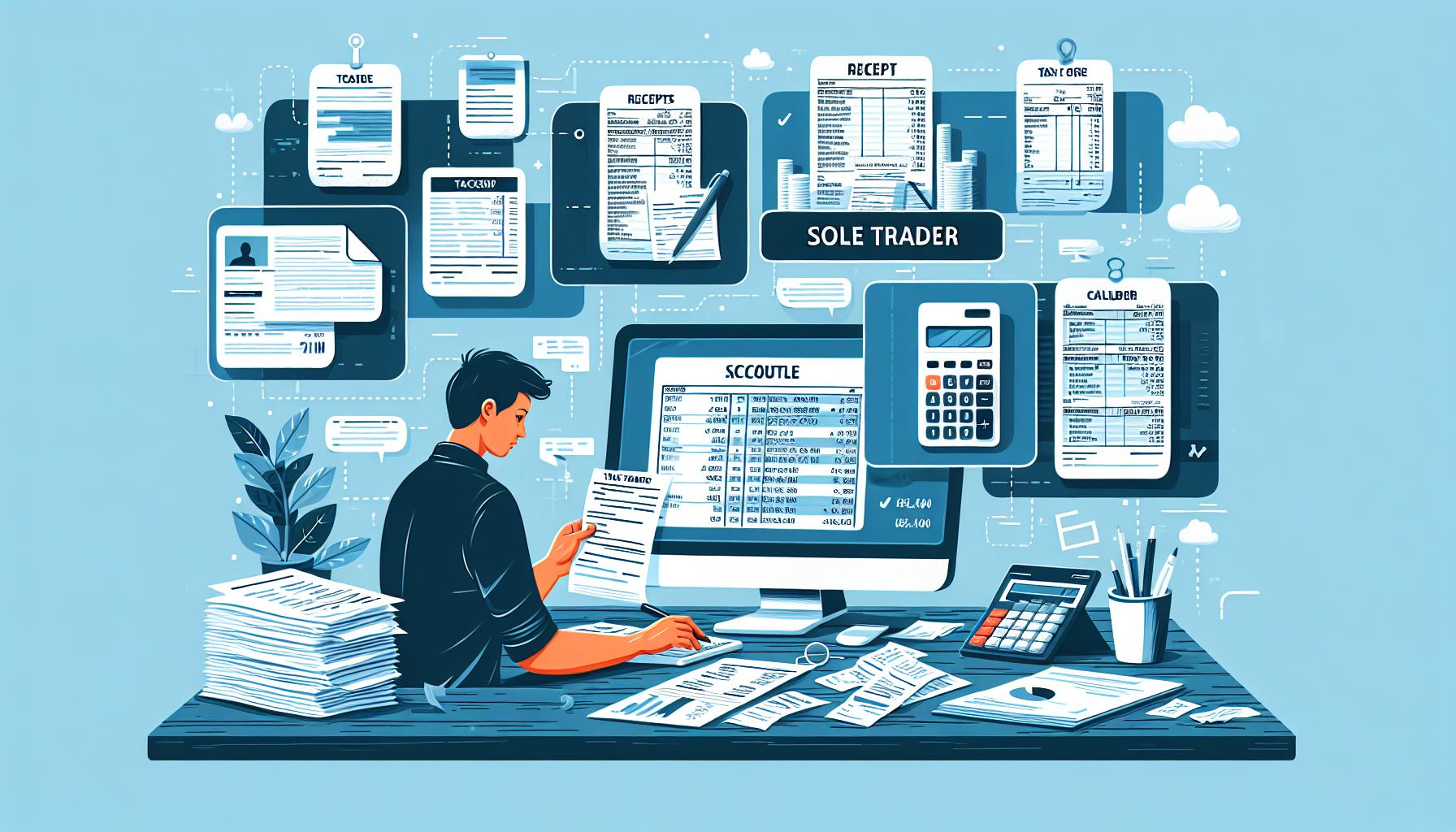January 20, 2024
Sole Trader Accounting: A Step-by-Step Guide
Exploring the accounting maze as a sole trader can seem daunting, but it's your stepping stone to financial clarity and business success. You're not just running a business; you're steering a ship where every penny counts and understanding the flow of your finances is crucial.
Why bother with accounting? Well, it's not just about keeping the taxman happy. It's about gaining insights that could catapult your business to new heights. Ever wondered if there's a secret sauce to managing your books effectively? Let's jump into the essentials of accounting for sole traders and turn what might seem like a chore into your business superpower.
What is a sole trader?
Imagine you're the captain of your own ship, sailing the business seas. As a sole trader, you're steering your enterprise solo, without a crew of shareholders or directors. You're the sole decision-maker, and the profits? They're all yours, after taxes, of course. Sole tradership is the simplest form of business entity, and it's super popular due to its simplicity and personal control.
When you run a business as a sole trader, you're essentially self-employed, but it's a bit more than that; you're the face and force behind your business. Legally, there's no distinction between you and your business activities, meaning your personal assets could be at risk if things go pear-shaped. It's straightforward but does pack some risks.
Let's talk about common mistakes you might encounter. A big one is mixing personal and business finances. It’s like pouring coffee into your tea—nobody wants that mix-up. Keeping separate bank accounts for personal and business dealings makes your life much easier come tax season.
Another misconception is thinking that accounting is a monstrous task. Sure, it involves numbers and records, but break it down into bite-sized chunks, and it's like putting together a jigsaw puzzle — one that can tell you a story about where your business is heading.
Methods and Techniques
Different strokes for different folks, and the same applies when you're managing your books. Some sole traders opt for the DIY approach using spreadsheets, while others might use accounting software—like a trusty autopilot—to streamline invoicing, expenses, and tax returns.
Are you always on the go? Mobile accounting apps can be your best mate, allowing quick updates on your financials between client meetings or while sipping your morning coffee.
Incorporating Good Practices
Getting into the groove of good accounting practices can seem daunting, but it's key for smooth sailing. Stay on top of your records; regular updates can save you from a mountain of receipts come year-end. Consider setting aside a fixed time each week to review your finances; it keeps you in command of your financial ship.
When you're a sole trader, remember, there's help available. An accountant tailored to sole traders can lift the fog on complex matters, ensuring you're charting the right course. They can offer navigational aids to maximise your deductions and keep your business compliant.
Advantages of being a sole trader
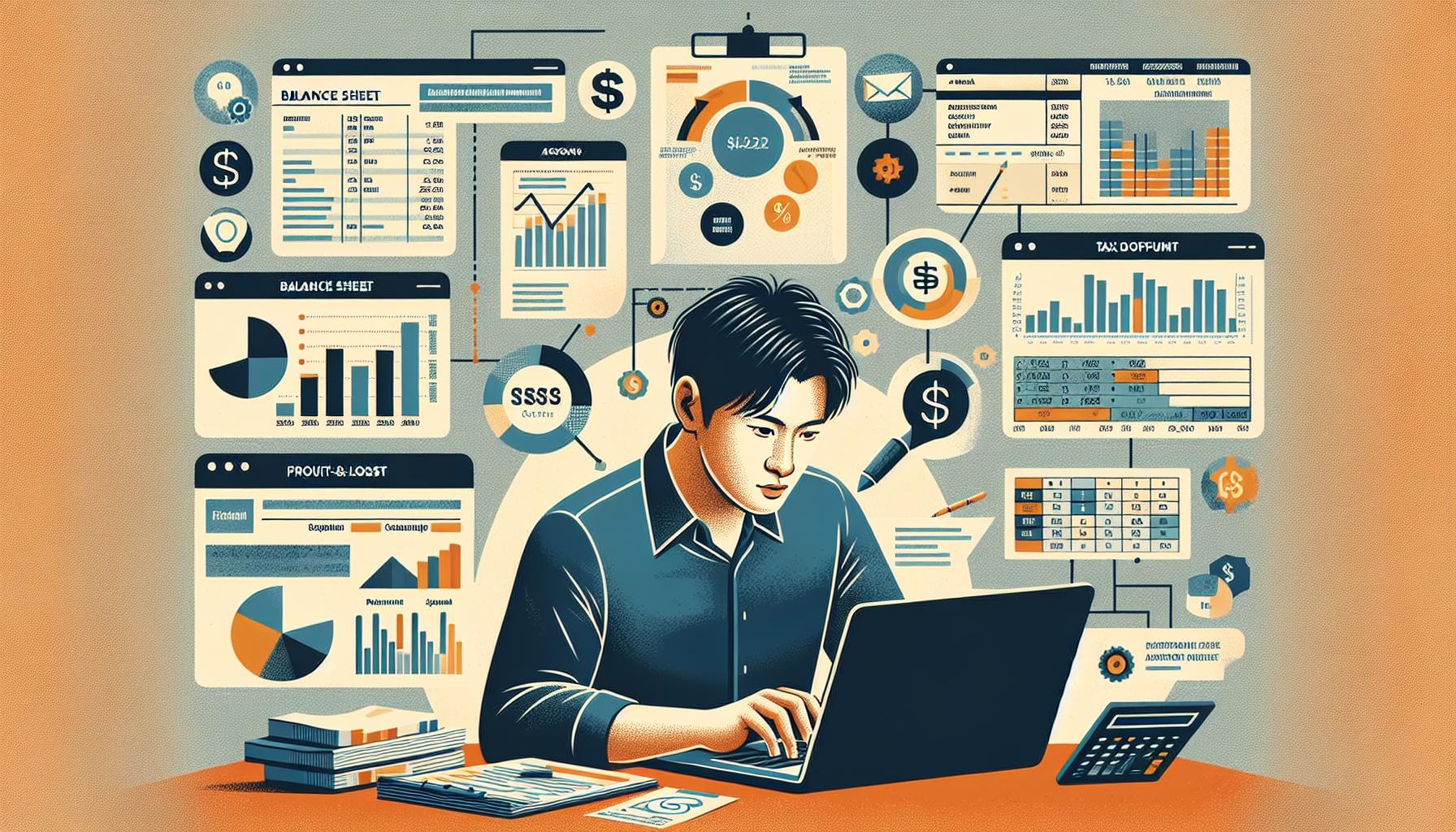
When you're mulling over how to manage your finances as a sole trader, it's good to remember the flexibility and control that come with the territory. Here are some significant perks that make keeping the books as a sole trader a bit less daunting:
Simplicity in Management: Your financial records are only yours to keep. There's no need to get entangled in complex corporate accounting structures. It's somewhat like being the captain of a small boat – you navigate the waters without a crew, calling the shots on your own.
Direct Access to Profits: Any profit you make is yours to reinvest or spend as you please. It's like having your cake and eating it too – there's no need to share the dessert with anyone else.
Quick Decision-Making: You don’t have a board to answer to, so making decisions about your finances can be as swift as swiping right on your favourite app.
Privacy: Your accounts remain a private affair, unlike companies whose records are out there for public scrutiny.
Keep in mind that because you're taking the DIY route, there's a risk of mixing personal and business expenses – a faux pas in the accounting world. To avoid this, consider opening a separate bank account for business and be meticulous in documenting every transaction.
As for accounting techniques, the simplicity of a sole trader's books means you can potentially use straightforward methods like single-entry bookkeeping for recording transactions, kind of like jotting down your daily to-do lists. But if you need more detail, double-entry bookkeeping – tracking both sides of every financial transaction – might be more your speed. Think of it as balancing scales.
For tax purposes, you'll need to stay on top of regulations and deadlines. This often feels like memorising the rules of a complex board game and playing to win – it's all about strategy and timing. Investing in user-friendly accounting software can be a game-changer, automating the tedious parts of financial management while ensuring you stay compliant.
Incorporating top-notch accounting practices involves staying organised, from filing receipts correctly to keeping track of invoices. Use well-reviewed mobile apps to manage your accounting on the go, or the tried-and-tested spreadsheets for a more hands-on approach. If numbers aren't your strong suit, a specialised accountant for sole traders can be worth their weight in gold.
Legal and tax obligations of a sole trader
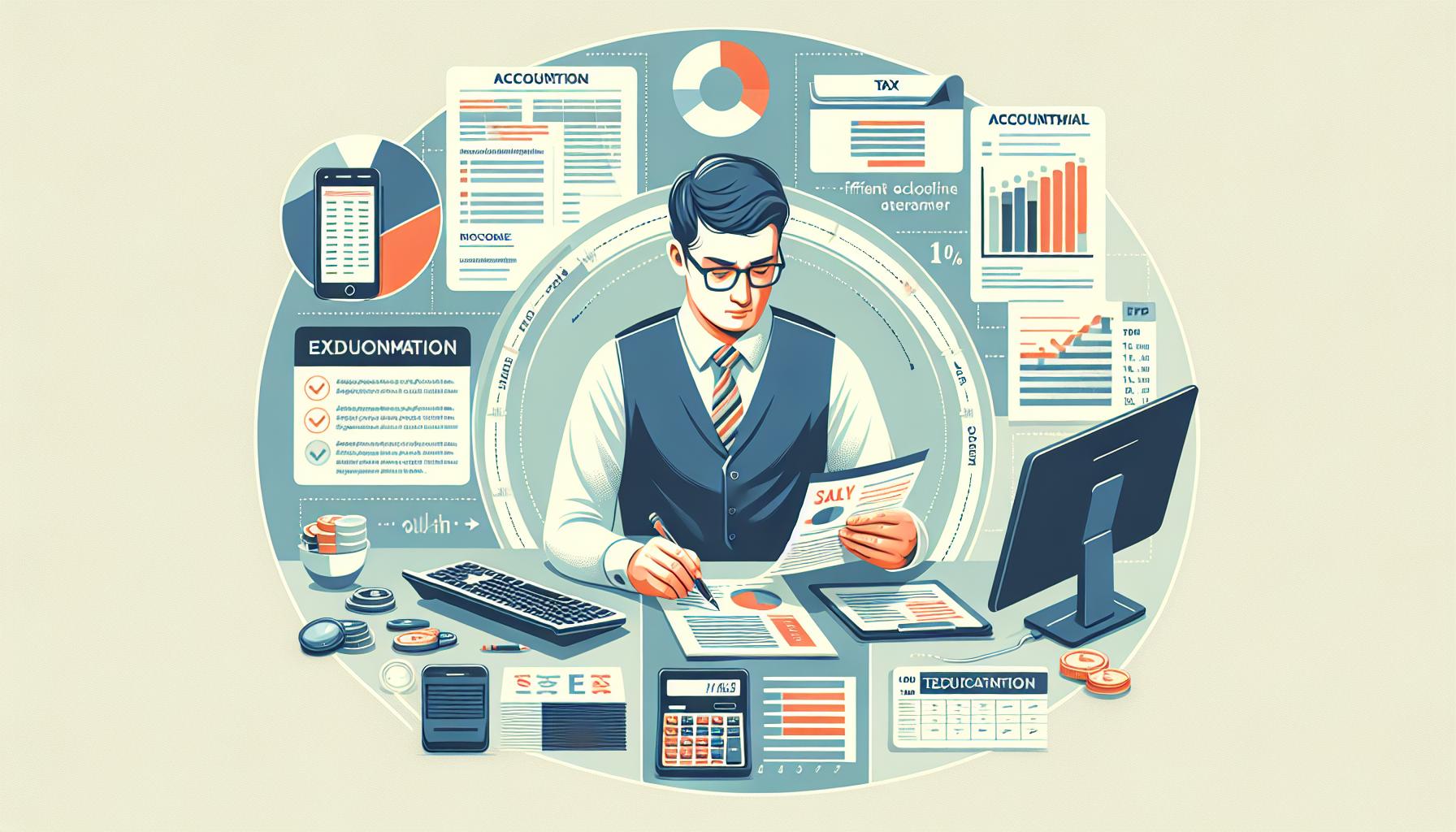
When you're diving into the world of sole trading, it's crucial to remember legal and tax responsibilities are part of the package. Imagine your business as a car. Just as a car needs regular checks to keep running smoothly, your business requires constant attention to its legal and tax obligations to avoid any speed bumps.
First up, registering with HM Revenue & Customs (HMRC). It's a bit like updating your address when you move; HMRC needs to know where to find you. This isn't just for correspondence—it’s how you get set up for Self Assessment tax returns, which are non-negotiable. You'll need to record your income and expenses throughout the year and report them annually.
Let’s tackle VAT. Here’s a common misconception: "I’m a small business, so VAT doesn’t apply to me." Not necessarily true! If your annual turnover exceeds the current VAT threshold (which, mind you, can change), it's time to register for VAT. Think of this like a club membership. Once you join, you'll charge VAT on your products or services, and in turn, you can reclaim VAT on your business purchases.
Common Mistakes in Sole Trader Accounting
Avoid mixing personal and business expenses as if they were socks in your laundry—it makes sorting them out later a real headache. Always use separate bank accounts for personal and professional finances. Underestimating your tax bill is another snare. It's like misjudging the size of a puddle and ending up ankle-deep in water. Set aside a portion of your revenue for taxes each month to keep your feet dry. And don't miss deadlines! Missing a tax deadline is like missing the last train home—you’ll end up with a penalty, and it’s often costly.
Methods and Techniques for Managing Sole Trader Finances
Whether you fancy single-entry or double-entry bookkeeping depends on your business's complexity. If you’re just selling handmade crafts online, a simple single-entry system, akin to a checkbook ledger, may suffice. But, if transactions are more like a plate-spinning act, double-entry bookkeeping can keep things balanced — every debit has a corresponding credit.
Setting up accounting systems for sole traders
When you're starting as a sole trader, getting your accounting system in place is as crucial as your first sale. Think of it like planting a tree; the sooner you plant it, the stronger it'll grow. To kick things off, you've got a couple of avenues to explore: the DIY route with spreadsheets or a tailored software solution.
Firstly, if you’re tech-savvy and want to keep initial costs low, spreadsheets might be your go-to. Just like your go-to dish for a quick dinner, they're simple and flexible. Yet, beware; they can quickly become a tangled web of numbers reminiscent of a bowl of spaghetti. To avoid mess, keep these tips in your pocket:
Have separate sheets for income, expenses, and a summary.
Double-check formulas to ensure they're error-free.
Back up your files religiously.
Alternatively, dedicated accounting software could be your knight in shining armor. These platforms are made with the sole trader in mind, offering features like invoice creation, tax calculations, and real-time profit views – it's like having a mini accountant on your desktop!
A common pitfall is not making the most of automation. Many apps can link directly to your bank accounts, sorting transactions automatically – that’s hours saved! But, it's like an eager puppy: keep an eye on it. Sometimes, the automated categorization can slip up, so regular checks are essential to keep everything on track.
Whichever method you choose, remember to:
Regularly update your records to avoid a mountain of receipts come tax time.
Keep an eye on cash flow – it's the lifeblood of your business.
Reconcile your bank statements monthly to spot any discrepancies early on.
There's no one-size-fits-all here; it's all about what works best for you. Some folks like to mix it up with a combo of software and old-school pen and paper. And for that personal touch, don't overlook the value of a good old chat with an accountant. They'll help tailor your accounting system to suit your unique business world.
Basic accounting principles for sole traders
Accounting might seem a bit like a tightrope walk – daunting at first but manageable with some balance and focus. As a sole trader, you need to lay solid foundations with basic accounting principles. These will help to keep your financial activities accurate and straightforward.
First off, familiarise yourself with the double-entry bookkeeping system. For every business transaction you make, two entries are required: a debit and a credit. Think of it a bit like the physics principle – for every action, there's an equal and opposite reaction. This dual aspect ensures your books always balance.
Pay attention to accruals and cash flow. Imagine you're a gardener planting seeds – accrual accounting recognises the seed planted today as future income, whereas cash basis accounting only counts the veggies you've sold. Accruals can give a more comprehensive picture of financial health, but cash flow is your day-to-day reality check. Here's a common trip-up: mixing personal and business expenses. It's like putting diesel in a petrol car – it just doesn’t work. Keeping these separated spares you a headache and keeps the taxman happy.
As you explore accounting, you'll come across different methods:
Manual bookkeeping – like penning a novel by hand.
Spreadsheets – a digital step up but still relies on your input.
Software solutions – the tech-savvy route that can streamline everything from invoicing to tax returns.
Each technique has its place, depending on your business size and how hands-on you want to be with your numbers. If you're a whiz with a spreadsheet and have a relatively straightforward financial world, that might be enough. Software comes into its own as your business grows and transactions become more complex.
Managing cash flow as a sole trader
When you're juggling the books as a sole trader, managing cash flow can often feel like you're walking a tightrope. Your goal's to avoid taking a tumble into the abyss of negative cash flow, which can be devastating for your business. So how do you stay balanced? It comes down to understanding the rhythm of your finances and planning ahead.
Cash flow is essentially the movement of money in and out of your business. Picture a water tank. Your income streams are like the taps filling it up, and expenses are the various outlets letting water out. You must ensure the tank never runs dry. To do that, you've got to be on top of your cash inflows and outflows.
Here's a simple guide to help you keep your finances flowing smoothly:
Monitor Your Cash Flow Regularly: This isn't a once-a-year glance at your bank balance. Regularly checking your financial status helps you predict the flow and make informed decisions.
Invoice Promptly: Send out invoices as soon as a job's complete. The quicker you invoice, the quicker you're likely to get paid.
Manage Your Payables: Don't let bills pile up. Stay aware of your due dates and, if possible, negotiate terms with suppliers that align with your incoming cash.
A common mistake is confusing profit with cash flow. Remember, you can be profitable on paper but still face financial woes if your actual cash isn't managed properly. As for methods, there's no one-size-fits-all. Some sole traders swear by the traditional calendar method, ahead of time marking expected payment dates and expenses. Others use digital tools that forecast and adjust your cash flow in real-time. What you choose depends on your comfort with technology and how complex your financials are.
Incorporating good cash flow practices means being disciplined about reviewing money matters, adopting new habits if needed, and perhaps most importantly, foreseeing challenges. Always keep a buffer fund for unanticipated expenses. It's like an insurance policy for your business's financial health and will help you navigate through the unpredictable seas of sole trading with a bit more confidence.
Record keeping for sole traders
As a sole trader, mastering the art of record keeping is essential, akin to nailing a recipe for your favourite dish. Keep accurate records of all your business transactions; it's not just good practice, but it's also required by law. Fail to do this, and you might end up with financial headaches or, worse, attract penalties from HM Revenue & Customs (HMRC).
Imagine your records as a detailed diary: You'll note down each financial event, from income earned to expenses made. It's straightforward in principle, but keep an eye out for common slip-ups. For instance, mixing personal and business transactions is a no-no — like using sugar instead of salt; it'll spoil the final outcome. To steer clear of these errors:
Open a dedicated business bank account to separate personal and business finances.
Always ask for receipts and keep them organized.
Use either manual ledger books or accounting software, depending on what you're comfortable with.
There's a variety of ways to store your records — manually, digitally, or using accounting software. If you're tech-savvy, digital options can offer automatic calculations and real-time financial monitoring, much like a GPS for your finances. But, if you're a fan of the traditional approach, ledger books offer a tangible, hands-on method, but require more effort to maintain. Carry out these practices from the get-go to keep your financial health in check. Regularly update your records — set aside time each week for this task. Think of it as watering a plant; a little care frequently can result in thriving growth. And remember, good record keeping is not solely for compliance. It's the foundation upon which you'll make informed decisions that can fuel your business's success.
How to prepare financial statements as a sole trader
Preparing financial statements might seem as intricate as assembling a puzzle, but when you know the pieces, it's easier to see the whole picture. As a sole trader, your financial statements are snapshots of your business's health.
Three Core Statements to focus on are:
The Balance Sheet: This is like a selfie of your business at a point in time. It shows what your business owns (assets) and owes (liabilities), with the difference being your equity or net worth.
The Profit and Loss Statement: Think of this as the story of your trading over a certain period. It details your income, expenses, and eventually, profit or loss.
The Cash Flow Statement: If your business were breathing, this would be its oxygen level. It records the cash that flows in and out, showing if you're running out of air (cash) or breathing comfortably.
Unraveling the Fabric of Financials
The key is to keep it simple. Start by collecting all your receipts, invoices and bank statements. Think of these as the ingredients to your financial creation. Record these systematically, separating personal and business transactions - you don't want your grocery list in the middle of your supply orders.
Common Pitfalls
A common mistake is mixing capital and revenue expenses. Your laptop (capital) is a long-term asset while your internet bill (revenue) is a day-to-day expense. Blurring these lines distorts your financial portrait.
Best Practices
For accuracy, consider using software tools tailored for sole traders. They can categorise expenses and generate reports more efficiently than manual methods.
In scenarios where your business scales swiftly, you may need to advance to more complex accounting methods like accrual accounting. This records transactions when they occur, not when money changes hands, providing a more precise financial chronicle.
Keeping It Alive
Sustaining good financial habits is akin to maintaining a healthy lifestyle. Incorporate regular check-ups (review of statements), a balanced diet (wise spending), and routine exercise (consistent bookkeeping). This regimen ensures your business stays fit and ready for growth's marathon.
Remember, you've got this! With the right tools and practices, you're well on your way to becoming a wizard at preparing your financial statements.
Tips for managing taxes as a sole trader
Exploring taxes doesn't have to be like trying to solve a Rubik's Cube in the dark. Let's break it down into something more like organising your sock drawer – a task where everything has a place and there can be great satisfaction in getting it all in order.
One key point to understand is your tax allowance - think of this as the amount you can earn before the tax meter starts running. For the 2022/2023 tax year, the personal allowance is set at £12,570. Income above this will be subject to tax at the appropriate rate. Now, consider your business expenses similar to coupons, which can reduce the overall tax you pay. These can be anything related to your business, such as travel costs, office supplies or equipment.
Understand Deductible Expenses
Travel expenses
Equipment and supplies
Home office expenses
A common misconception is that all expenses are deductible. This isn't the case. For instance, entertainment expenses cannot typically be claimed. You'll want to avoid errors like this as they can result in fines or even an audit.
Speaking of audits, keeping receipts is like playing a game of memory - every piece of paper is a card in your deck, proving your moves. Nowadays, you've got digital tools and apps that make this memory game a breeze.
Utilise Efficient Accounting Software
QuickBooks
Xero
FreshBooks
Your choice in accounting software could mean the difference between sailing smoothly through tax season or hitting choppy waters. In scenarios where you're scaling up or dealing with complex transactions, you'll appreciate a tool with more advanced features.
Stay Current With Tax Legislation
Tax laws are as dynamic as the seasons – they change, and you'll need to adapt. For instance, if you started selling digital products to customers in the EU, you'd need to get familiar with MOSS - Mini One Stop Shop regulations.
Finally, the most recommendable route to take would be to consult with a certified accountant at least once per year. They're the compass to your map, ensuring you stay on the right path. Just remember, the goal isn't just to pay taxes but to optimize your financial strategy with savvy planning.
Conclusion
Mastering your accounting as a sole trader sets you up for success, ensuring you're not just paying taxes but optimizing your financial strategy. Remember, leveraging tax allowances and understanding deductible expenses can significantly impact your bottom line. Keep those receipts organised, embrace accounting software to streamline your processes, and don't forget the value of professional advice. By staying informed and proactive, you'll navigate the financial aspects of your business with confidence and ease.
Frequently Asked Questions
What is a tax allowance for a sole trader?
A tax allowance is the amount of income that a sole trader can earn tax-free within a tax year. It sets the threshold for taxable income, with any earnings above this amount being subject to income tax.
How do deductible expenses work for sole traders?
Deductible expenses are business-related costs that sole traders can subtract from their gross income before calculating taxable income. These can include travel expenses, equipment, supplies, and home office expenses, effectively lowering their tax liability.
Why is it important to keep receipts as a sole trader?
Keeping receipts is crucial for sole traders as it provides evidence for the deductible expenses claimed. This documentation is essential if queried by the tax authority and ensures accurate tax return filings.
What accounting software is recommended for sole traders?
Accounting software like QuickBooks, Xero, or FreshBooks is recommended for sole traders. They help in efficiently tracking income and expenses, simplifying the preparation of financial statements and tax returns.
How often should a sole trader consult with an accountant?
It is recommended that a sole trader consult with a certified accountant at least once a year. Regular consultations help to stay informed on tax legislation changes and ensure the financial strategy of the sole trader is tax-efficient.
Similar articles

January 20, 2024
Established fact that a reader will be distracted by the way readable content.
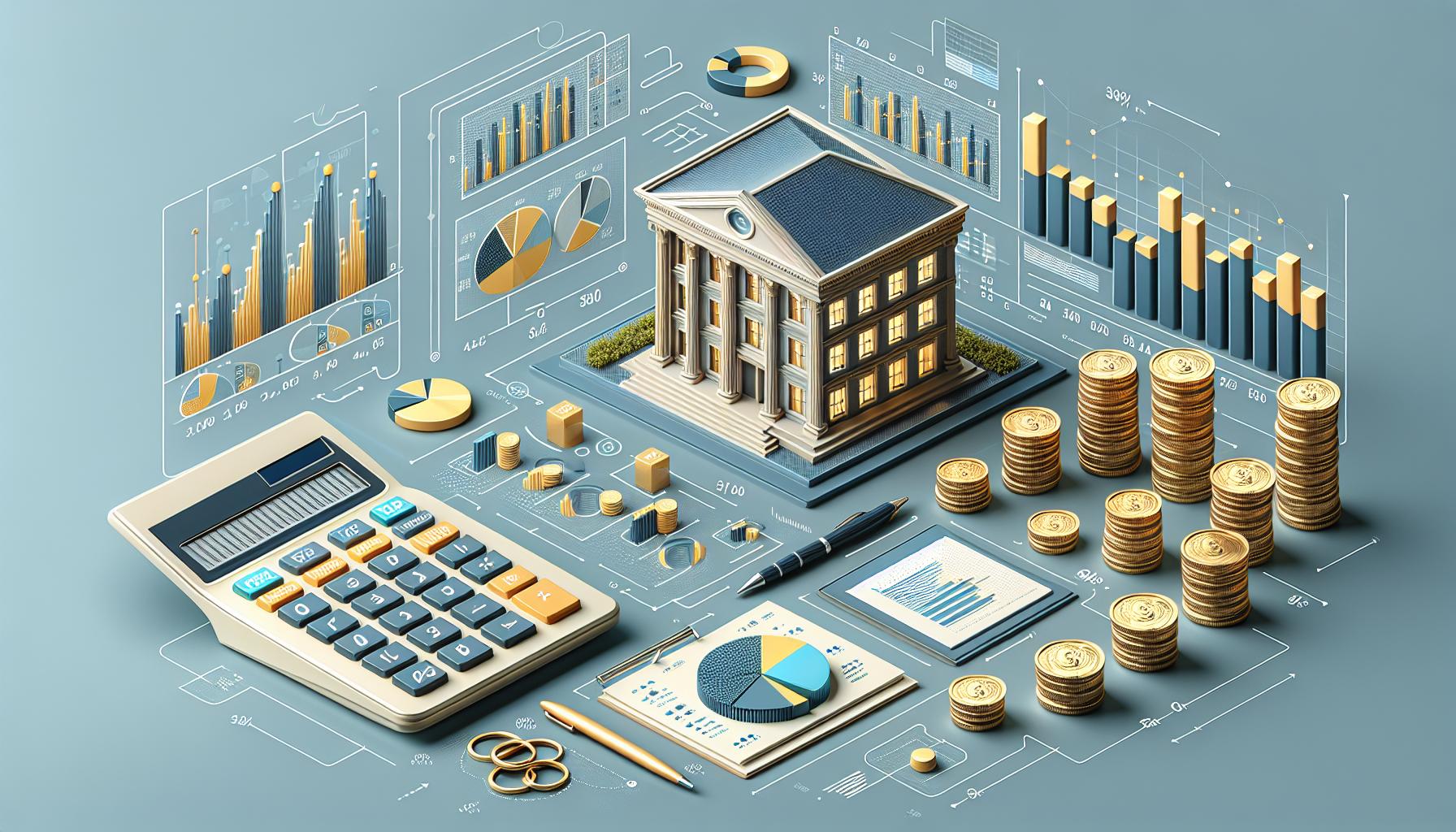
January 20, 2024
Established fact that a reader will be distracted by the way readable content.
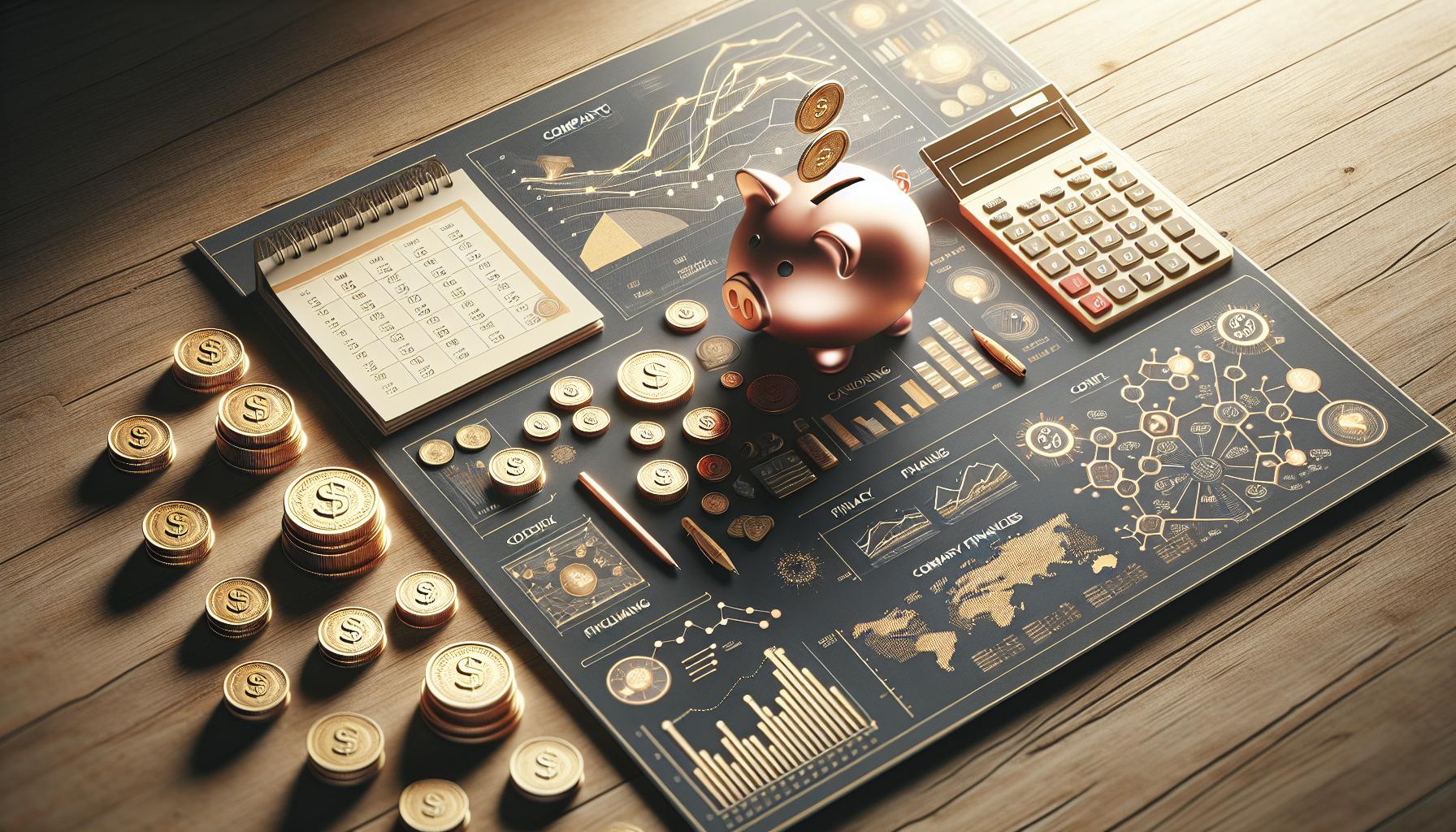
January 20, 2024
Established fact that a reader will be distracted by the way readable content.

